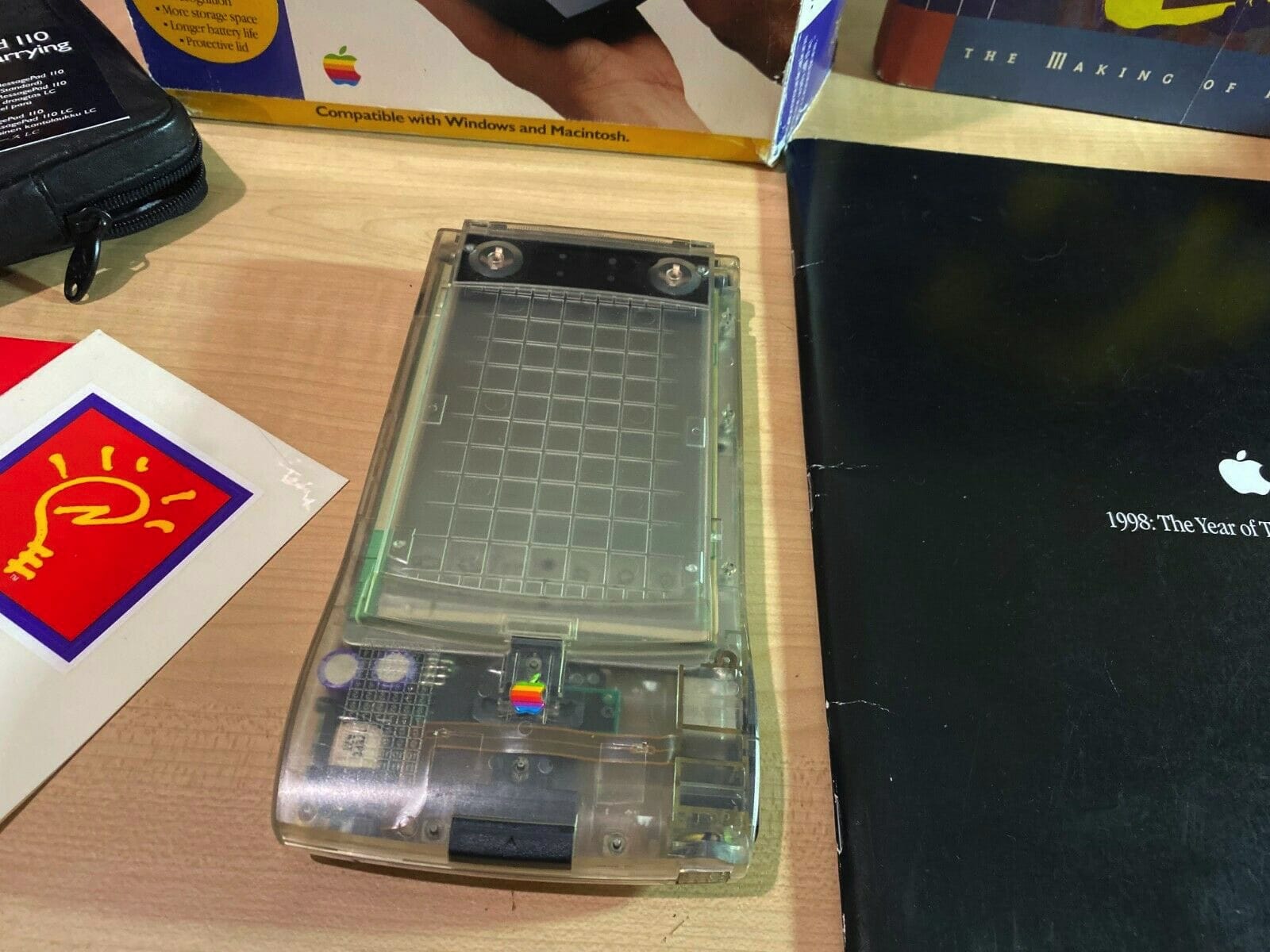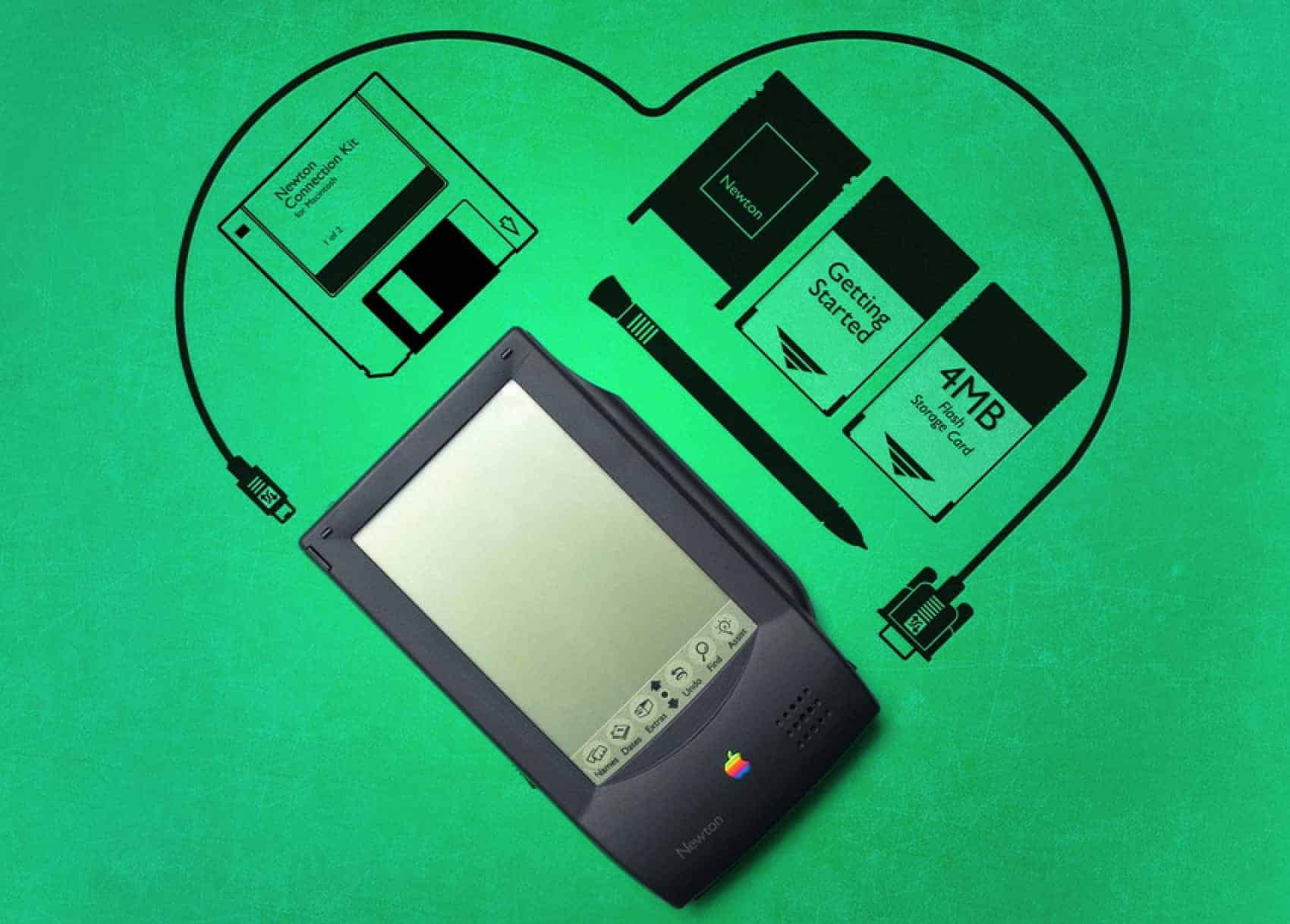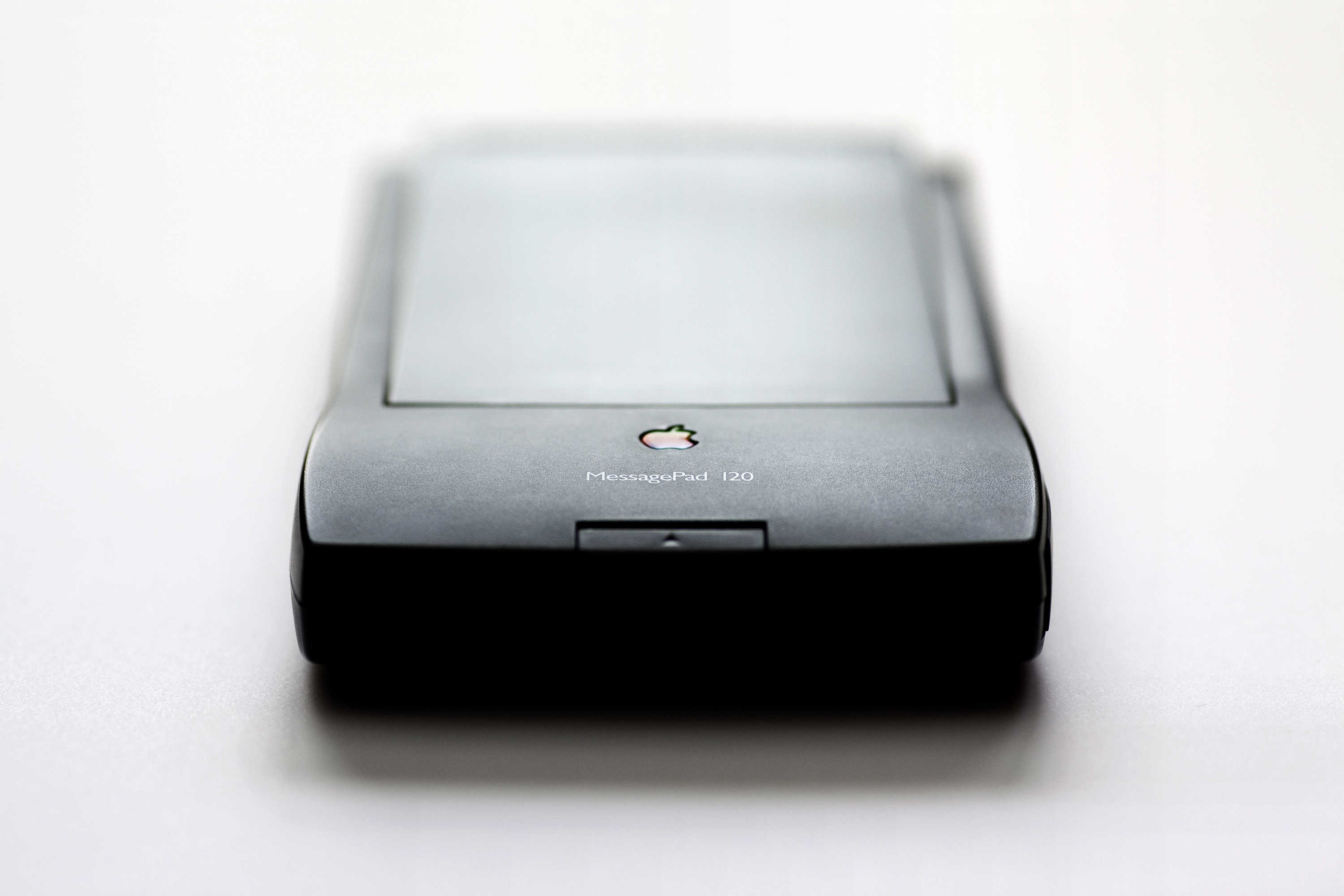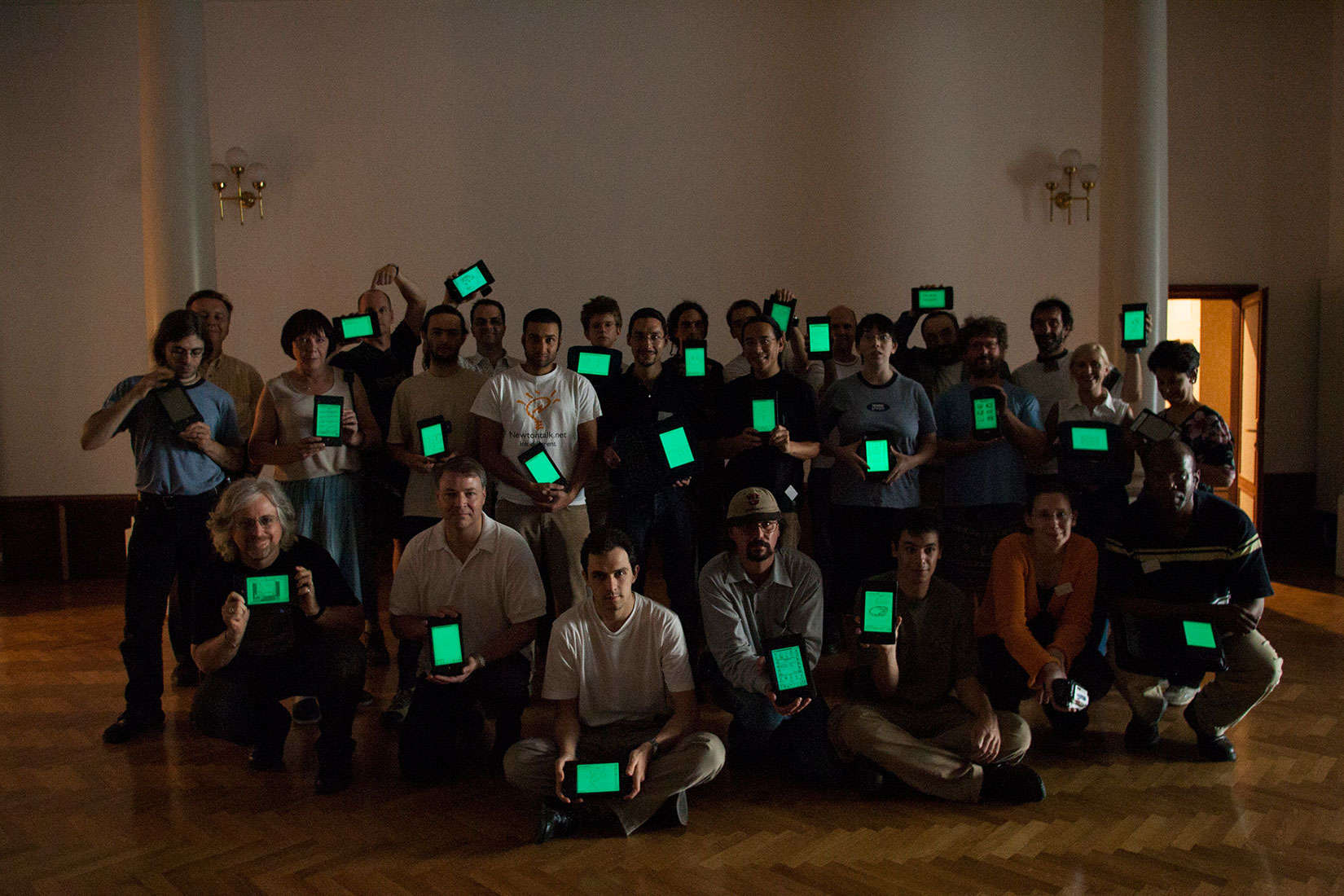 April 19, 1994: Gaston Bastiaens, the executive in charge of Apple’s revolutionary new Newton MessagePad product line, parts ways with the company.
April 19, 1994: Gaston Bastiaens, the executive in charge of Apple’s revolutionary new Newton MessagePad product line, parts ways with the company.
“We can’t say whether he fell or was pushed,” says an Apple spokesman. Reports suggest that the departing Bastiaens, general manager of Apple’s personal interactive electronics division, is leaving due to his failure to make the Newton a financial success.

 March 25, 1993: Apple executive Gaston Bastiaens bets a journalist that the eagerly anticipated Newton MessagePad will ship before summer ends. The prize? Bastiaens’ well-stocked personal wine cellar, worth thousands of dollars.
March 25, 1993: Apple executive Gaston Bastiaens bets a journalist that the eagerly anticipated Newton MessagePad will ship before summer ends. The prize? Bastiaens’ well-stocked personal wine cellar, worth thousands of dollars.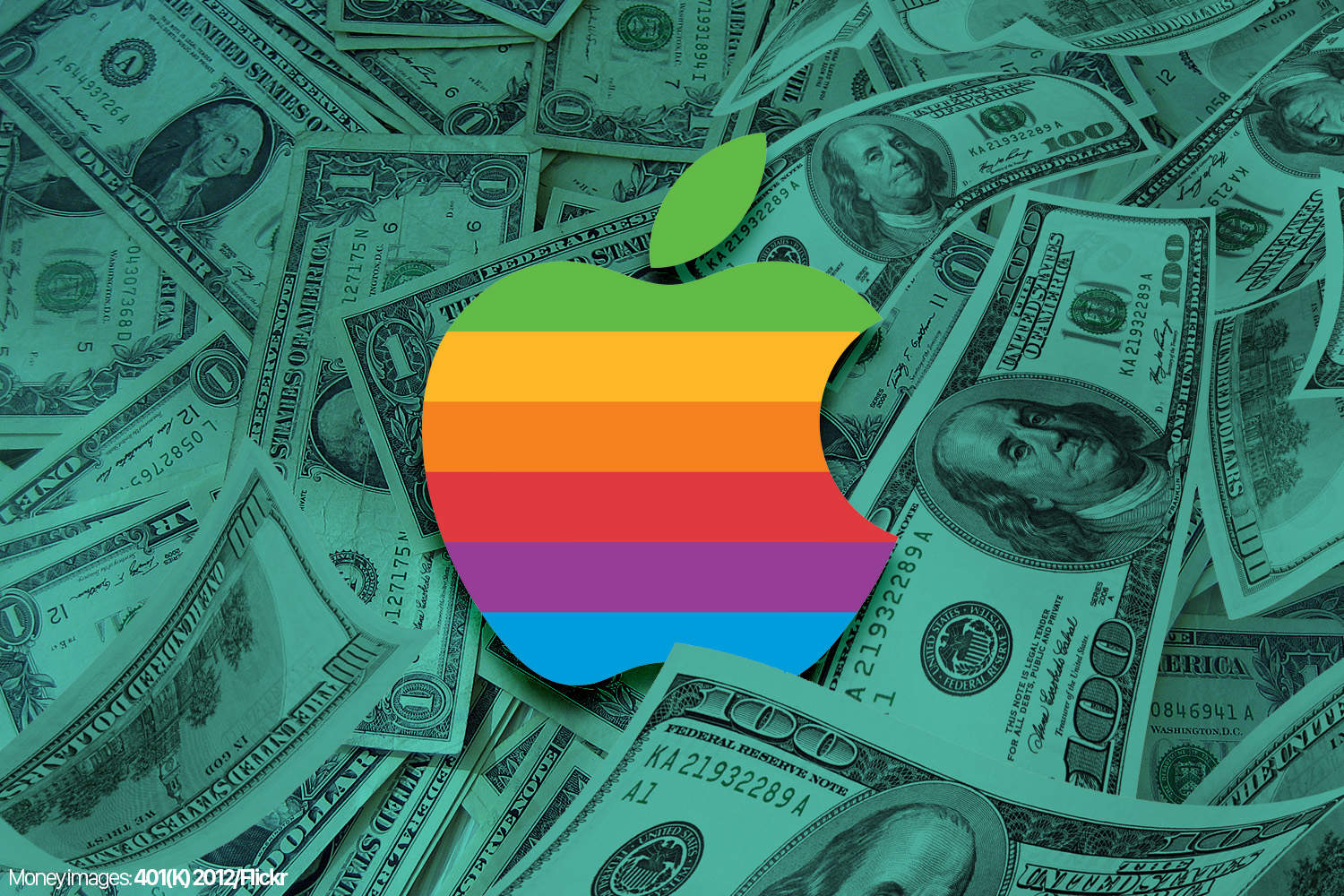
 March 13, 1997: With Apple preparing to cut thousands of jobs, CNN reports that “the coffin door is closing” on Cupertino. Apple is doomed! Doomed!
March 13, 1997: With Apple preparing to cut thousands of jobs, CNN reports that “the coffin door is closing” on Cupertino. Apple is doomed! Doomed!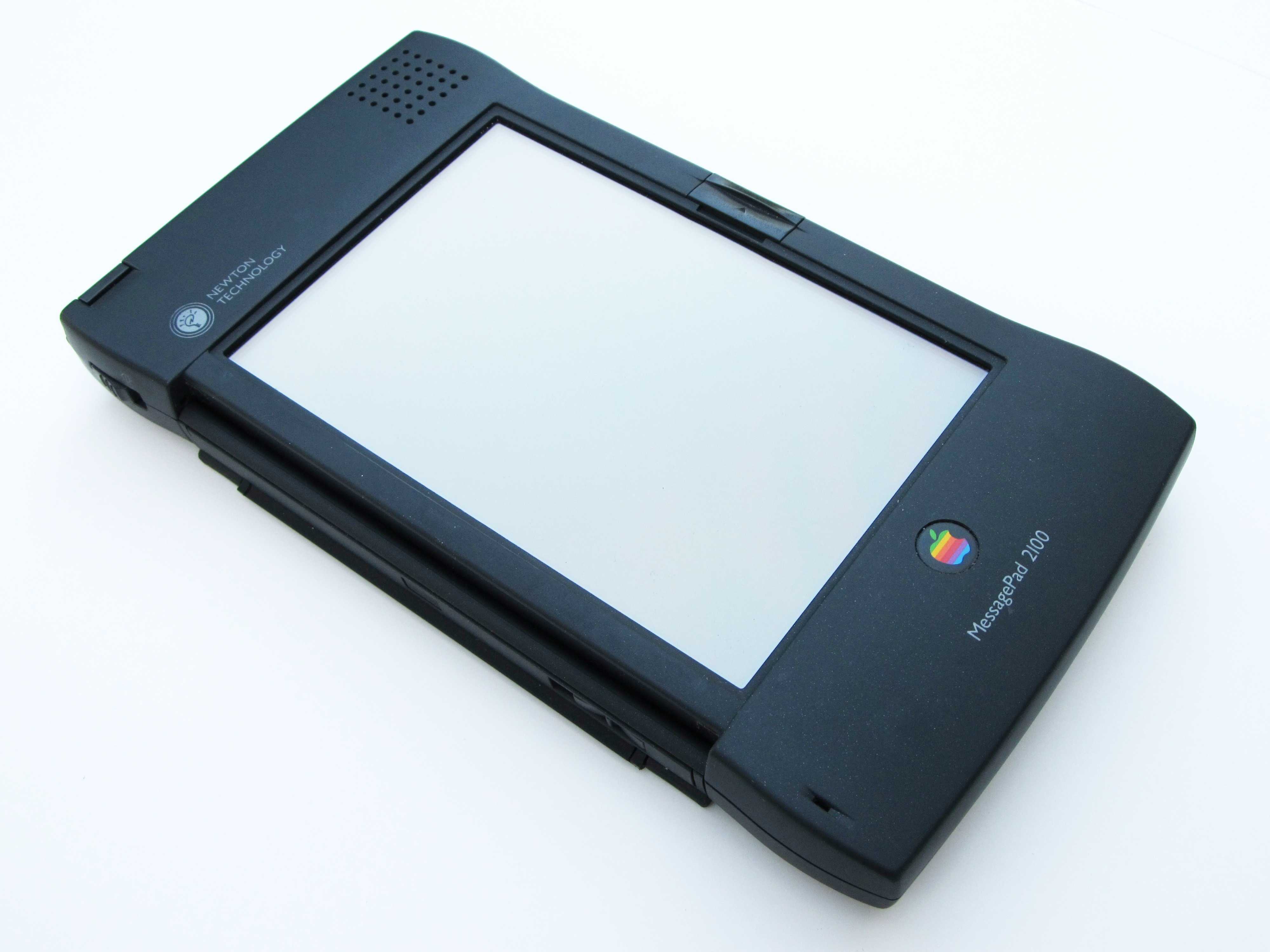
 March 10, 2004: Apple sends out a survey to select Apple customers, claiming that it is considering relaunching the Newton MessagePad.
March 10, 2004: Apple sends out a survey to select Apple customers, claiming that it is considering relaunching the Newton MessagePad. February 27, 1998: Apple discontinues work on the Newton MessagePad product line, the series of personal digital assistants the company
February 27, 1998: Apple discontinues work on the Newton MessagePad product line, the series of personal digital assistants the company 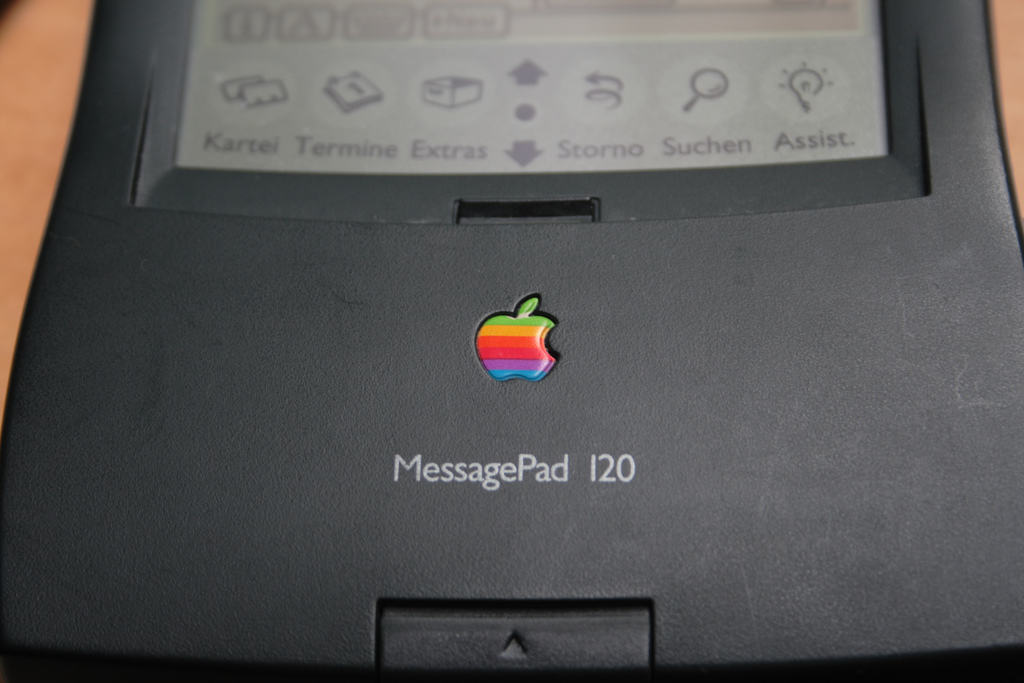
 January 30, 1995: Apple Computer launches the Newton MessagePad 120, the first truly great device in an unfairly maligned product line.
January 30, 1995: Apple Computer launches the Newton MessagePad 120, the first truly great device in an unfairly maligned product line.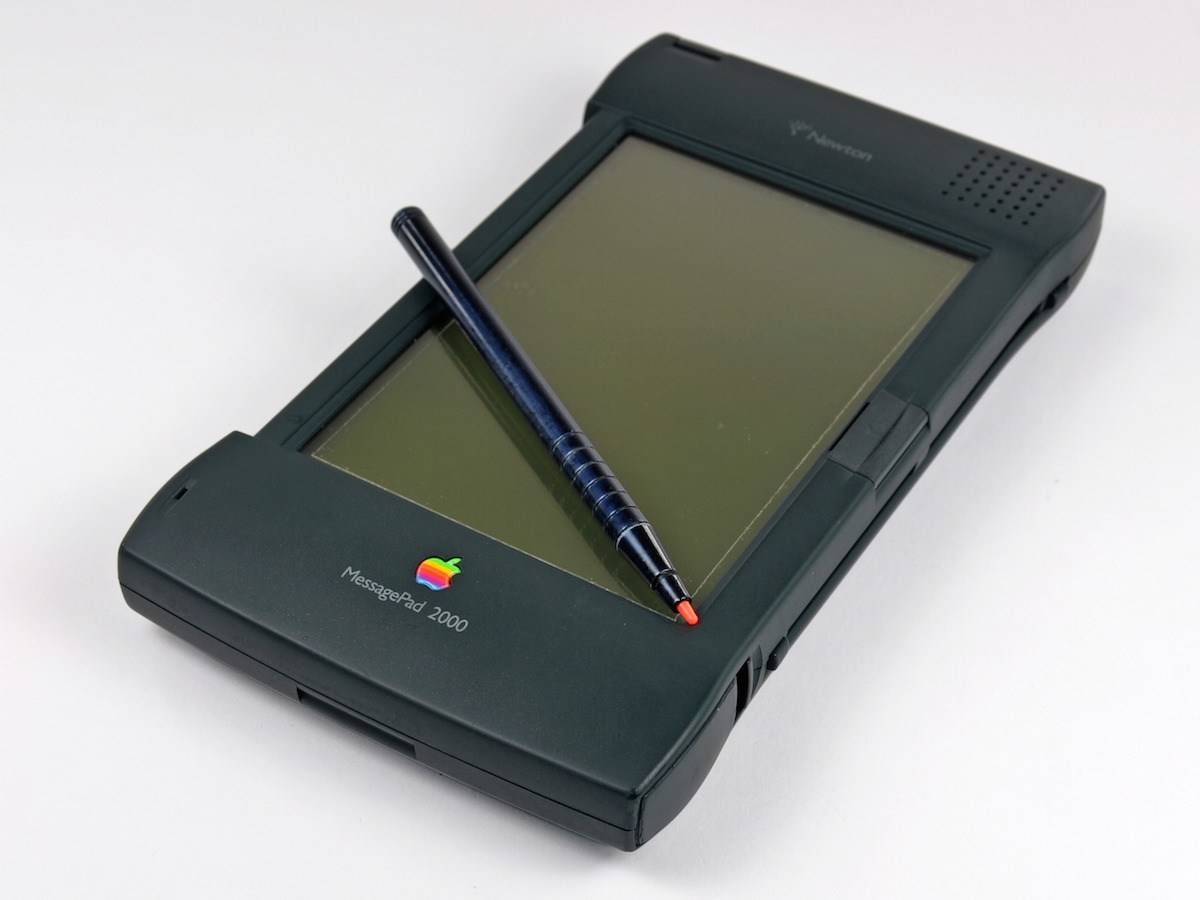
 September 4, 1997: The writing is on the wall for Apple’s Newton product line as Steve Jobs tells executives at the
September 4, 1997: The writing is on the wall for Apple’s Newton product line as Steve Jobs tells executives at the 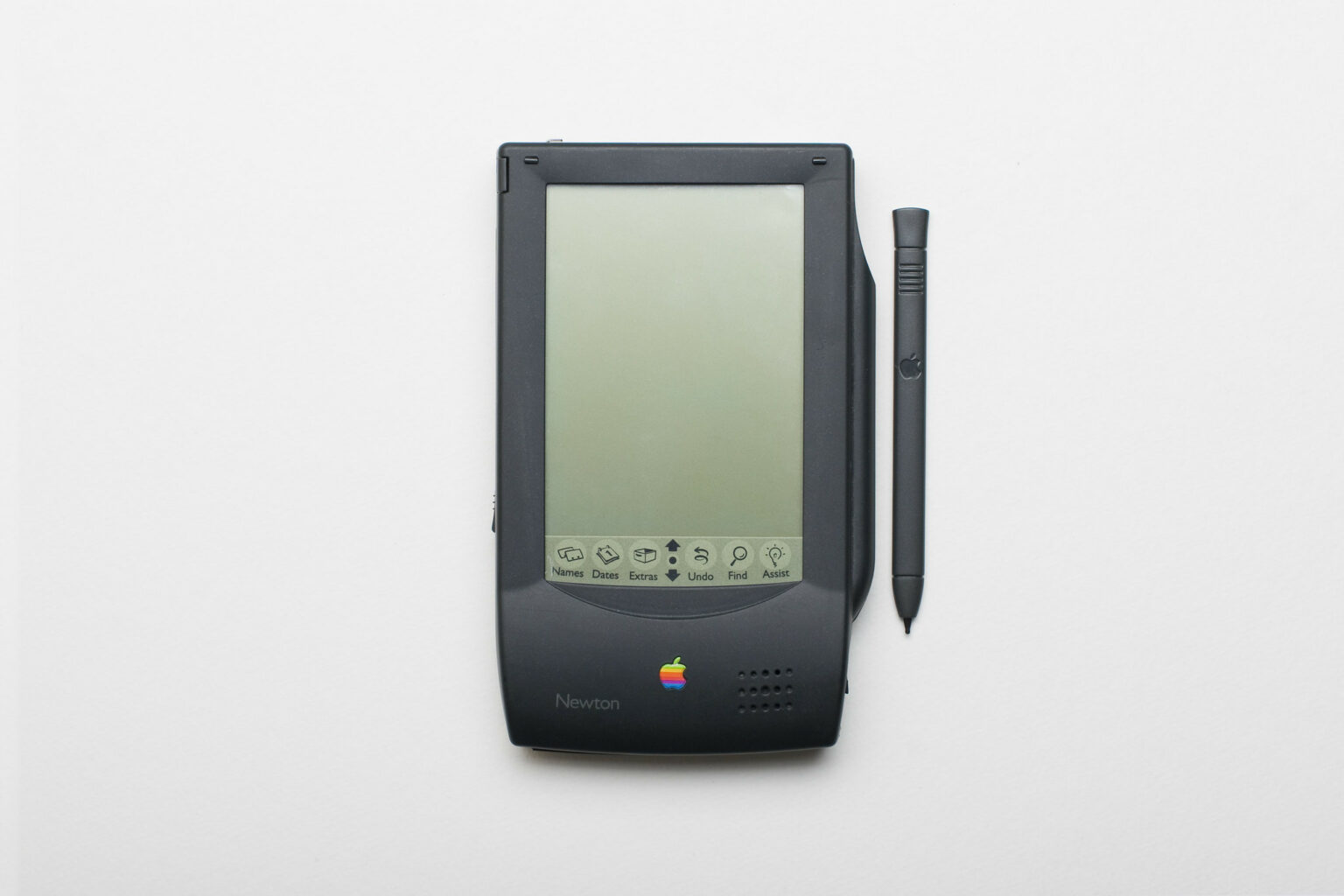
 May 29, 1992: Apple demonstrates the Newton MessagePad for the first time, showing how the upcoming PDA can be used to order a pizza and pull off other time-saving tricks.
May 29, 1992: Apple demonstrates the Newton MessagePad for the first time, showing how the upcoming PDA can be used to order a pizza and pull off other time-saving tricks. May 22, 1997: Apple spins off its Newton division. The new company’s first job? Selling the MessagePad 2000 PDA.
May 22, 1997: Apple spins off its Newton division. The new company’s first job? Selling the MessagePad 2000 PDA.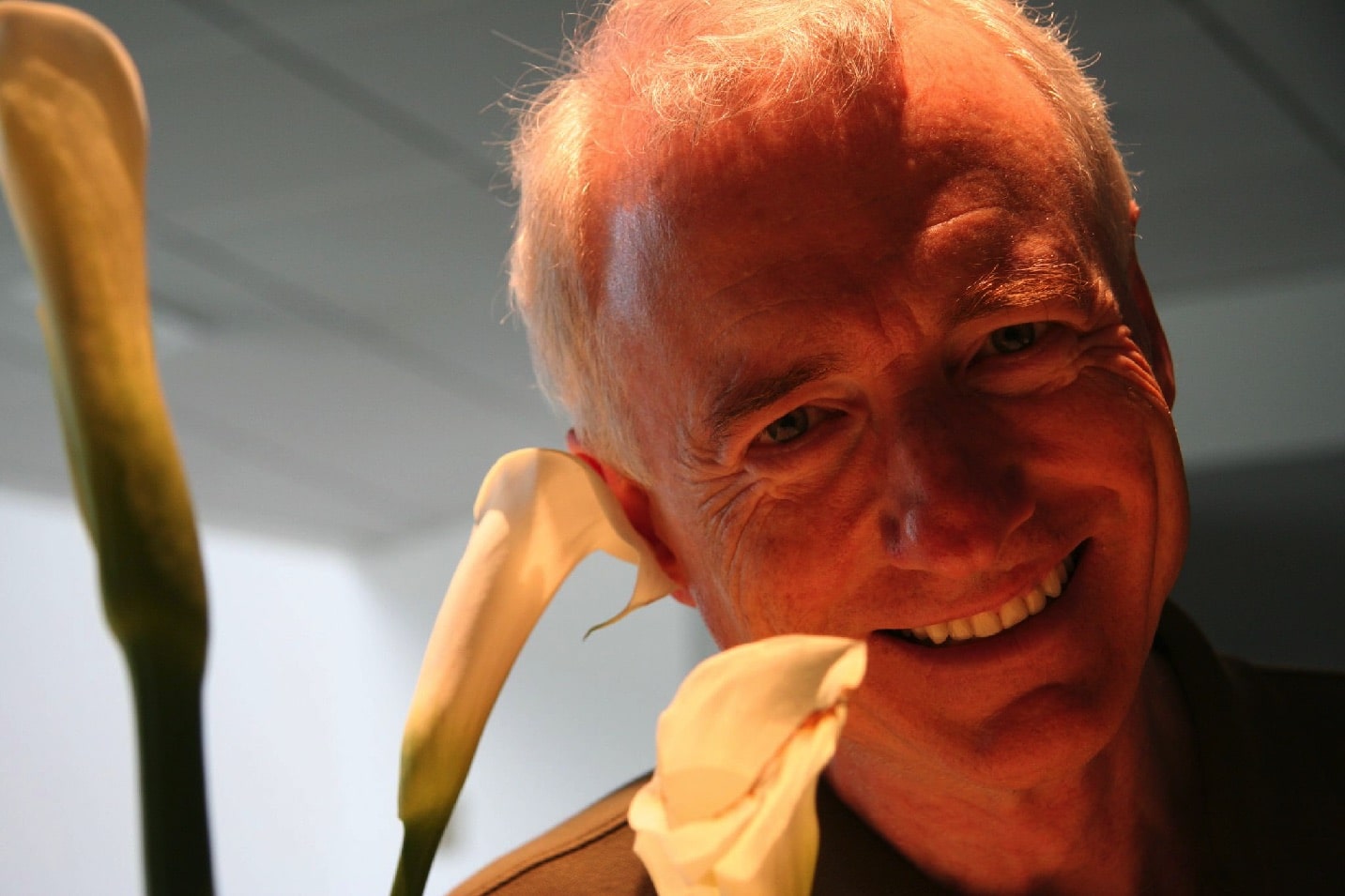

 Apple’s
Apple’s 